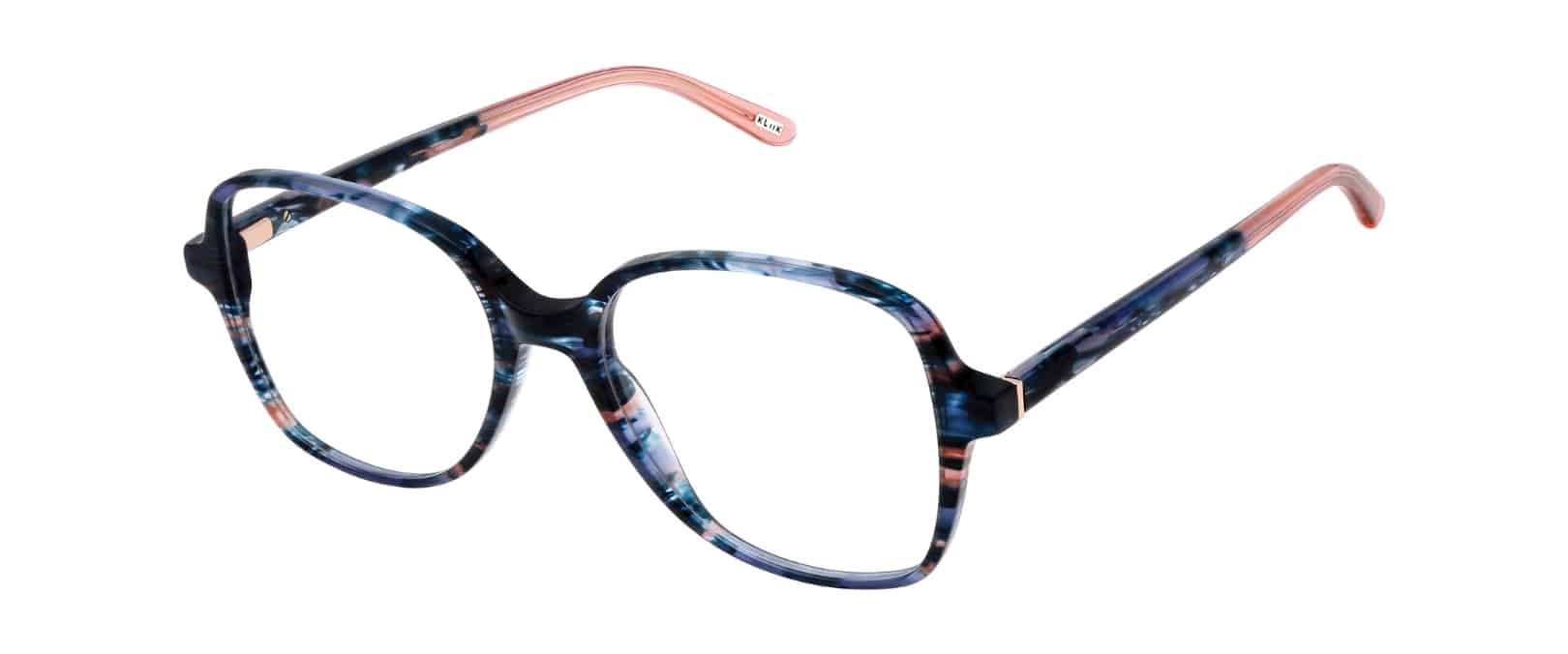UBirmingham Develops Eyedrops to Replace Injections for AMD Treatment
Wednesday, May 31 2017 | 00 h 00 min | Vision Science
A team of researchers at the UK’s University of Birmingham led by biochemist Dr. Felicity de Cogan have developed eye drops which are capable of delivering drugs to the relevant area of the eye.
Eye drops would be safer and easier to administer than injections currently used, which run the risk of tearing and infection within the eye that could result in blindness.
The eyedrop formula uses cell-penetrating peptides (CPP), short chained molecules which allow the “cargo,” in this case the anti-AMD drugs bevacizumab and ranibizumab, to get taken into cells and delivered to the eye’s posterior chamber.
The eye drops delivered clinically relevant amounts of bevacizumab and ranibizumab to the posterior chamber of rat’s eyes within six minutes during in vivo tests. Similar results were obtained testing with porcine eyes.
“The CPP-drug has the potential to have a significant impact on the treatment of AMD by revolutionising drug-delivery options. Efficacious self-administered drug application by eye drop would lead to a significant reduction in adverse outcomes and health care costs compared with current treatments,” says the study’s lead author Dr. de Cogan.
Cell-penetrating peptides have applications for other ocular diseases as well, according to Dr. de Cogan.
Read the the full article HERE.








